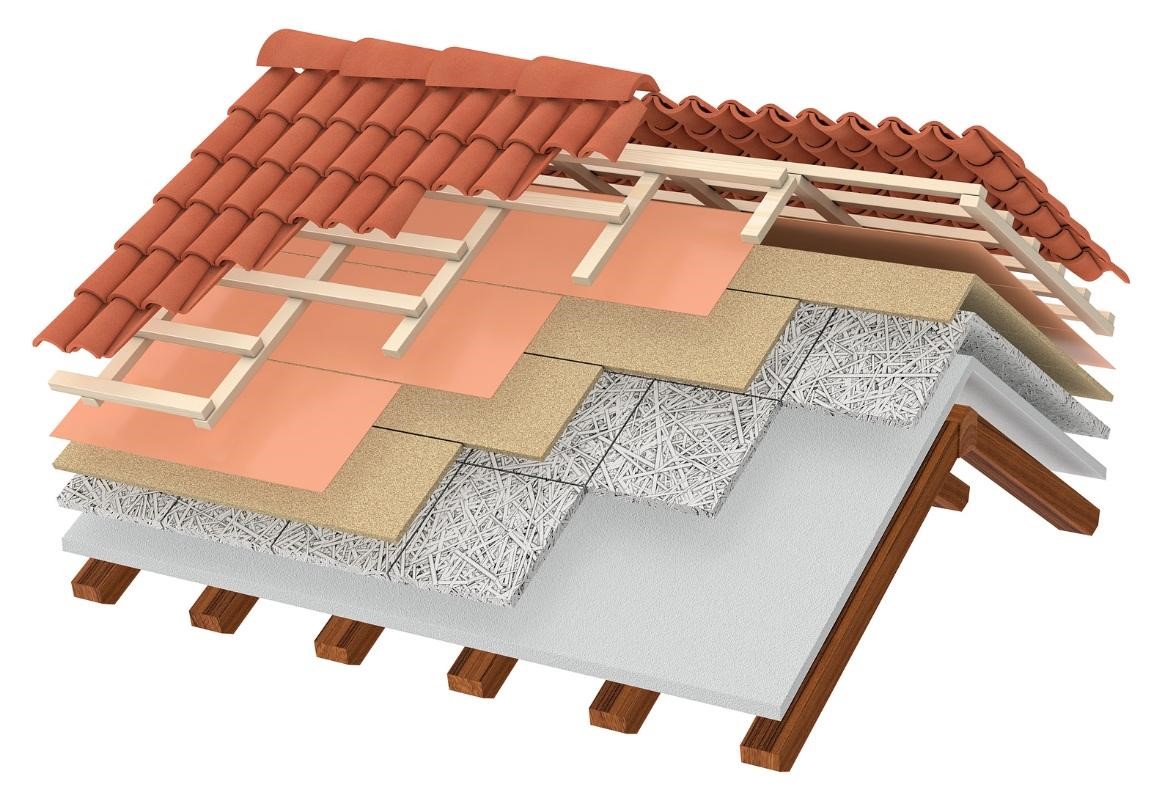Basic Roofer Tips: Few Roofing Insulation Fundamentals to Learn
Posted by: Brunwin Professional Roofing Services Ltd
Date Posted: May 6, 2016
A lot of factors influence how effective a roof is. The insulation on the roof, for one, will determine how efficiently the roofing will serve your domestic needs. When constructing a new home or re-roofing, consider the insulation that roofers will install. Statistics show that about 40% of the energy used up in the home is due to heating and cooling, which heavily depends on the insulation of the roof. When hiring roofers Surrey to install a new roof, consider some of these fundamentals.

Why Insulate
To understand the importance that roofing insulation works, it helps to know the effects of heating a room with it. When you turn on the heat in a particular space, the warm air rises and replaces the cold air, which settles at the bottom and gets heated, repeating the cycle. If a roof is not insulated, the hot air will rise and get absorbed into the roof and escape outside. So, it means that the heating cycle is not complete, eating up a lot of energy. The same goes for the cooling process. Think of roofing insulation as a protective blanket. It keeps the warmth in when itís cold and the cool air in when itís hot.
Types of Insulation Materials
The efficiency of the roofing insulation will depend on the materials used. A professional roofer in Croydon, from companies like Brunwin Professional Roofing Services, Ltd., can recommend some of the following material for insulation.
Cellular glass or foam glass insulation: is crushed glass put together with a foaming agent. The combination of glass and foaming agent undergoes heating and consequent decomposition. Foam glass is a composition of glass, soda ash, and limestone. This insulation material is impervious to moisture and protects against insects and vermin.
Structural insulated panels: are suitable for homeowners looking for high energy efficiency. They can give savings of up to 14%. Most roofing experts use them for newly constructed roofs.
Polyisocyanurate: is a rigid insulation that offers high thermal resistance. The foil facers in the insulation provide a great moisture barrier.
Gypsum board: is suitable as vapour retarder substrate. Gypsum is also non-combustible and water resistant. A roof with foam plastic cover boards can benefit from a gypsum board.
Roofers from Surrey can also use wood fibre for insulation. This insulation type consists of wood, vegetable fibres, and an asphalt coating that gives it a water-resistant trait.
There is also the option of loose fill insulation that contains a variety of materials like cellulose fiber, mineral wool, and cork granules. Some green options contain recycled newspaper. Loose fill is suitable for irregular joints on roofs.
Sources:
Insulation Types and Tips. HouseLogic.
The Importance of Roofing Insulation. LinkedIn.
